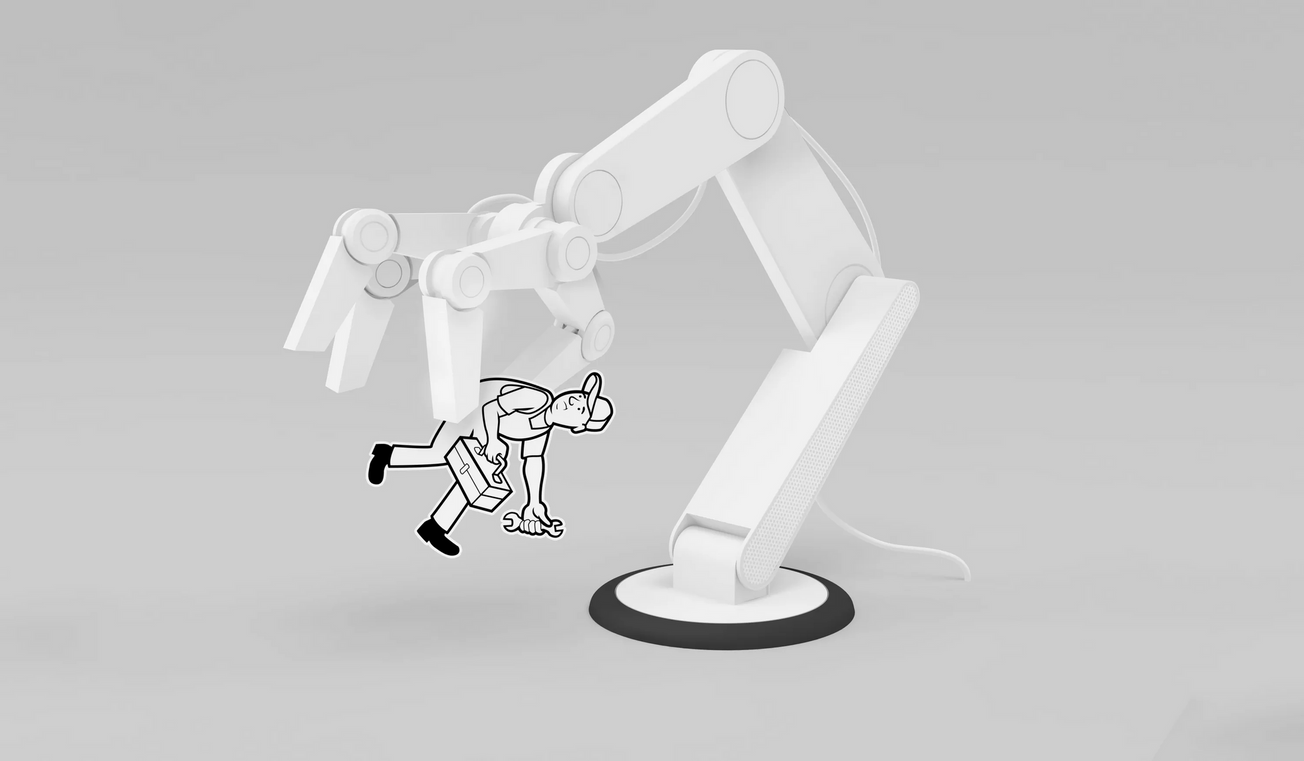Many heavy manufacturers in South Korea look at robots as the key to their survival.
“Throughout history, we have always had found ways to stay ahead, and automation is the next step in that process,” said Kim Yong-rae, the CEO of Speefox, the country’s most prominent capacitors manufacturer.
South Korea’s ongoing drive away from human labor is reflected in Speefox’s manufacturing, which is 75 percent automated. Part of the reason for this is growing labor costs: South Korea’s minimum wage has risen by 5% this year alone.
However, the most recent catalyst has been a legal liability for workers’ serious injury or death. The Significant Disasters Punishment Act went into effect in January, effectively saying that if workers die or suffer serious injuries on the job and courts conclude that the company failed to meet safety standards, the CEO or high-ranking management might face fines or prison time.
The Reaction
According to experts and local media, the law has shaken the heavy manufacturing and construction industries. They point out that, in addition to pressuring businesses to invest in making workplaces safer, it has sparked an increase in automation to require fewer — or, preferably, no — people.
“Companies are seeking to eliminate human work,” says Jung Jin-woo, a professor of occupational safety at Seoul National University of Science and Technology who has been studying firms’ reactions to the bill. “There’s also a reluctance to get involved in any high-risk undertakings.”
On the eve of the law’s enactment, the Aju Business Daily claimed that businesses are “rushing to deploy safety solutions employing artificial intelligence, ICT, and robots.”
Opportunity for Automation Firms
In an interview, the CEO of Universal Robots’ Korea unit, a Danish-based developer of robot arms, stated that the law’s implementation triggered an increase in demand for the company’s robots used in manufacturing and construction.
A-Robotics of South Korea has been pushing for the safety of its autonomous forklifts. Huawei Korea and Sejong Telecom have also announced intentions to manufacture 5G-based smart factory monitoring systems to prevent accidents.
In South Korea, several catastrophic workplace mishaps occur. The Serious Catastrophes Punishment Act was passed in court to reduce the number of disasters in the country.
South Korea’s major manufacturing, shipbuilding, and automobile companies have already advanced to a high level of robot use. They did so to reduce costs and provide ethical competition in the global market. Second-tier producers, such as Speefox, are following in the footsteps of the big players.
Instead of relying primarily on human resources to manage on-site and safety management, businesses. have chosen to rely on AI, IoT sensors, CCTV images, and other industrialization technologies. By partially automating processes, it is projected to lower the risk of industrial accidents. However, all of these efforts do not absolve the employer of responsibility under the Act on the Punishment of Serious Accidents, which must be borne when human casualties occur at work.









